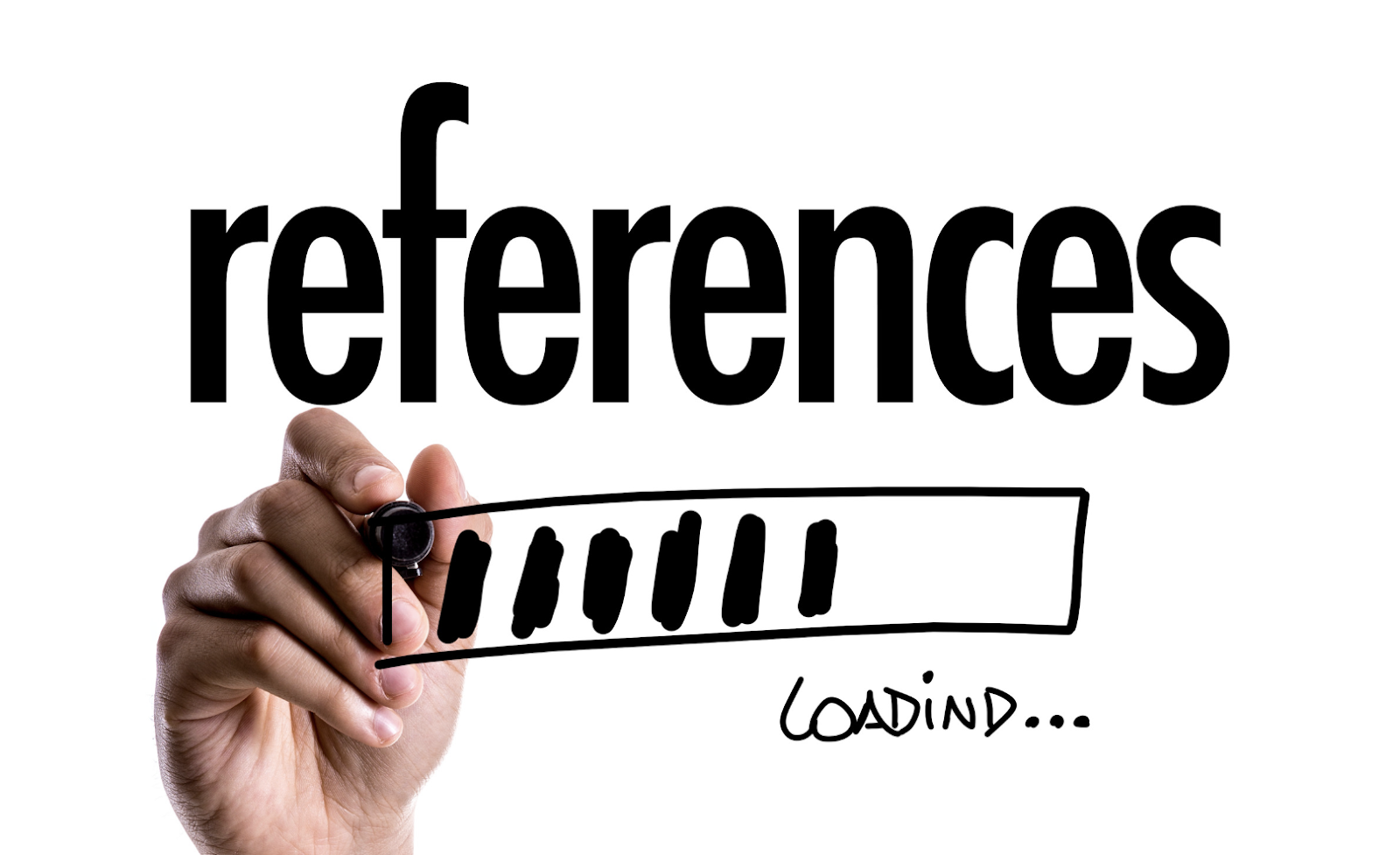References are part of your follow-up message to your potential new employer. The
the strength of your references can determine if you get the job offer or not. They are often one of the overlooked aspects of the job search with applicants calling to arrange them only after they have completed an interview. We want to make sure we highlight them as one of the ways to make your job search stress free. You want to make sure that your references are strong advocates of your ability to contribute and function well in your new job before the interview. Take some time to get this piece of your job search solid before you start interviewing; this will help you project strong confidence knowing you already have respected professionals supporting you in your chosen profession.
While offering a prospective employer five references is ideal, make sure that you have a
minimum of three references with at least two of them able to speak to your abilities in your preferred clinical setting. Personal and non-therapy based references are probably not appropriate at this stage of your career.
As you complete your coursework and clinical training, you will be learning from and
working with Clinical Instructors, Rehab Managers, and therapy professionals in the clinical setting in which you want to secure employment. These are your best references and it is worthwhile to develop a professional relationship with them now while you have regular and direct access to them.
As you work in your clinical externships consider if the person you are working with in each location is someone who knows your skill levels and would be a suitable reference for you. Make it a priority to ask those who directly taught or observed you in the clinical setting but when that is not feasible, you may also include someone who is familiar with your work but did not directly supervise you. Concentrate on building mentor relationships with these professionals who are already working in the clinical setting in which you want to work.
An employer may accept a letter of reference, though, more often employers are using a
specific reference form or online reference system. Ask if your reference is open to
providing either option. If they are writing you a letter of reference, let them know what you believe your strengths are in case they want to address them specifically (productivity, quality of services, the scope of knowledge, time management, patient rapport, paperwork, etc.) and give them a current copy of your resume. It is okay if your resume is incomplete but make sure the section dealing with the clinical experiences with which they are familiar is in place. On an incomplete resume, also show the timeline dates and types of future clinical settings if they are known, so that they will see the progression of your skills prior to your job search.
Serving as a reference is a personal endorsement from them that deserves appreciation.
Express your professional respect for them and your understanding of their time commitment to support you. As you complete each positive interview, drop them an email or phone call as a heads-up notice regarding the potential job offer if you believe they will be contacted. Follow up with a thank you to each person who has agreed to be a reference for you and share with them what their impact on your training has been and what it means to you to have them be a reference. Be sure to thank them for their support when you accept a position; people like to know that they helped and that you appreciated their contributions to your success.
Next week – What SHOULD be in your cover letter?



